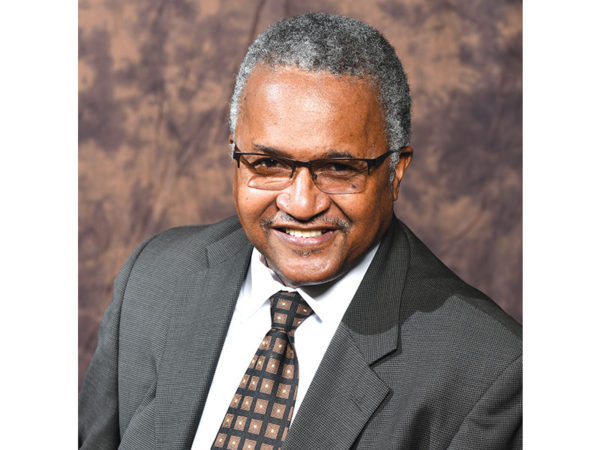The recent passage of Monroe’s infrastructure tax renewal should be cause for celebration. Instead, it stands as a stark reminder of our city’s persistent inability to bridge racial divides and forge truly inclusive governance.
While Mayor Ellis celebrates the sales tax as “a victory for Monroe,” the voting patterns tell a more troubling story.
The dramatic split between white and Black voters – evident in precinct-level data showing up to 90% differences in support – reflects not just different priorities, but a fundamental breakdown in leadership and trust.
The facts are clear: Black council members vote with the mayor on 90% of issues, demonstrating their willingness to collaborate for the city’s betterment. Yet, when it comes to addressing the critical needs of South Monroe’s deteriorating streets – a legacy of decades of neglect – their reasonable proposal to allocate 50% of the tax revenue to street repairs falls on deaf ears.
Instead of seeking compromise, the administration, backed by the Chamber of Commerce, mounted an aggressive campaign to push through a tax plan that maintains the status quo and ignores the crumbling streets of South Monroe, while watching tax dollars flow to riverfront developments and marina complexes.
This is not about opposing progress or downtown development. It’s about equitable distribution of resources and responsive governance. When Black council members, who represent the majority of our community, raise concerns about infrastructure needs in their districts, these shouldn’t be dismissed but rather seen as opportunities for meaningful dialogue and compromise.
It all boils down to power politics. The white community votes at a higher percentage than blacks in elections. However, on the city council, the black members control the purse strings. Sooner or later, the mayor’s unwillingness to work with the black majority will begin to reflect itself in his legislative agenda which cannot go forth without Black support.
Monroe cannot afford to continue down this path of divided governance. True leadership requires more than winning votes along racial lines; it demands the courage to bridge divides, the wisdom to seek compromise, and the commitment to ensure all neighborhoods share in the city’s progress.
Until our city’s leadership, starting with the mayor’s office, demonstrates a genuine willingness to work with all council members on issues affecting their communities, Monroe will continue to operate as two cities rather than one united community.
The infrastructure we most urgently need to repair isn’t just our streets – it’s the breakdown in trust and cooperation at City Hall.


